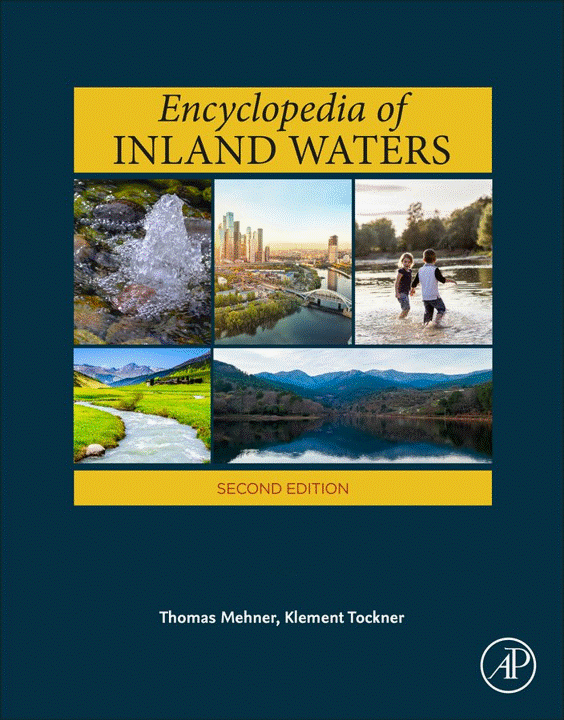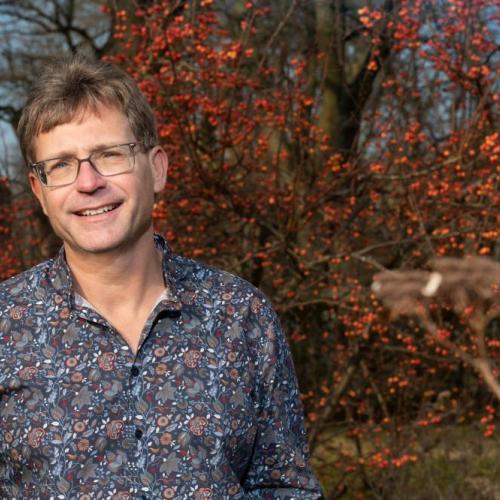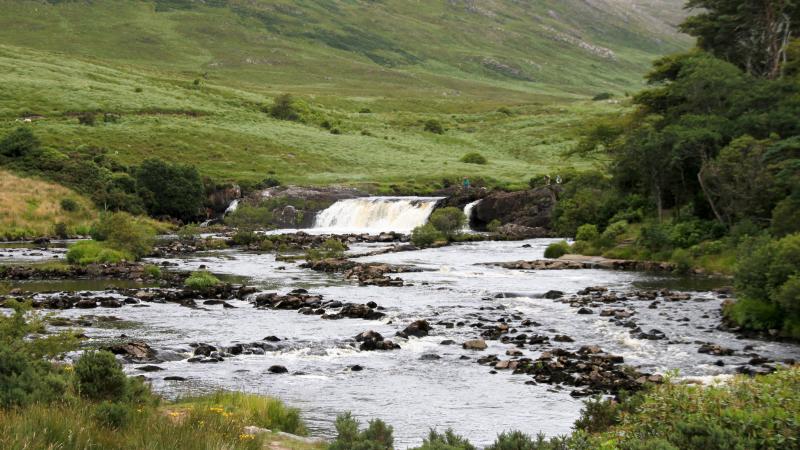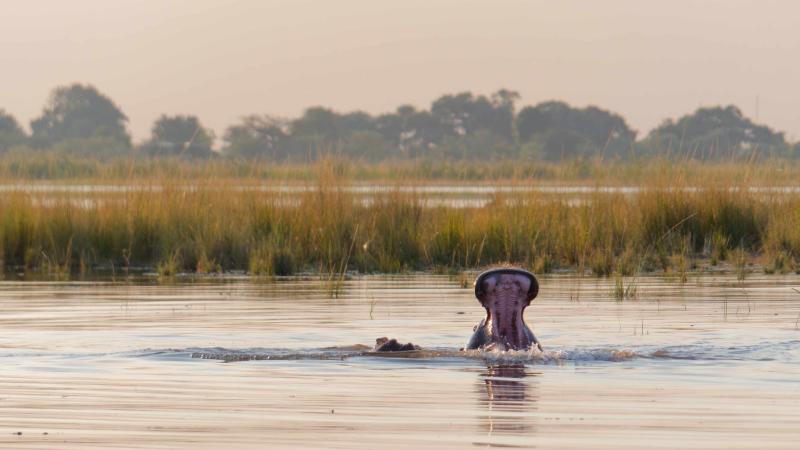
Those interested will soon be able to order interlibrary loan copies of single chapters of the newly edited encyclopedia from their libraries. | Photo by Ahmad Ardity on Pixabay

Water and humans are closely interlinked, so it is hardly surprising that inland waters are of particular importance to us as ecosystems and key resources. In order to protect them, use them sustainably and preserve them for future generations, it is necessary to know as much as possible about them. To this end, the latest edition of the encyclopedia provides a unique collection of knowledge. Nearly 570 renowned experts from all over the world had contributed to the four volumes, 220 chapters and a total of 3284 pages of the reference work under pandemic conditions.
"We wanted to present all the forms in which inland waters occur on Earth – including the less visible and sometimes less researched ones," explained Thomas Mehner, Vice Director of IGB and acting SIL President. Together with Klement Tockner, former IGB Director and now General Director of the Senckenberg Gesellschaft für Naturforschung, he led the editorial process as Editor-in-Chief.
Hence, the team focused not only on rivers and lakes, but also on wetlands and groundwater. Due to the strong interactions of humans and inland waters, chapters on pressures, management and social values of inland waters were added. New topics and methods, which could become standard in limnological research in the future, have also been included.
"Unlike many web-based text collections, the Encyclopedia was subject to strict scientific quality controls, thanks to the work of 13 editors," Thomas Mehner emphasised and added: "Such a wonderful work can only be produced when expertise, creativity and enthusiasm are united by a common vision. We hope it will meet with a great resonance."
The encyclopedia will of course be available in the library of IGB >
Other libraries can also purchase it via the booktrade.





